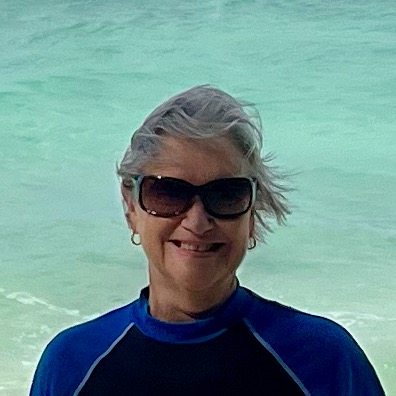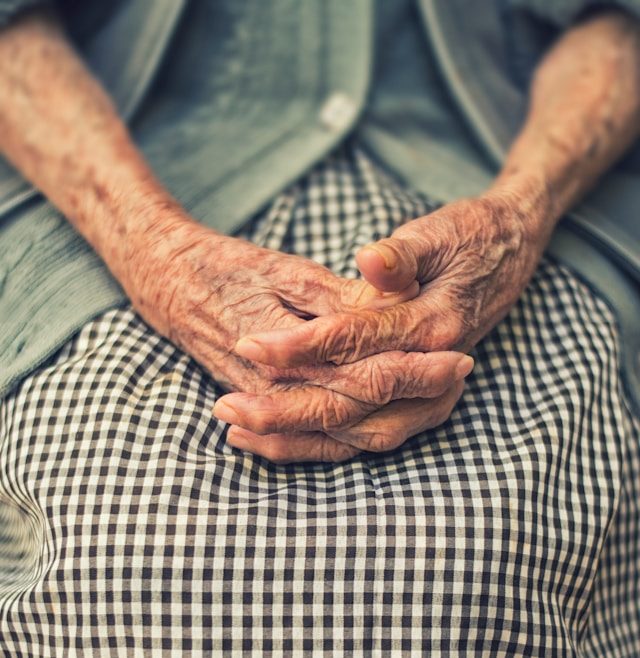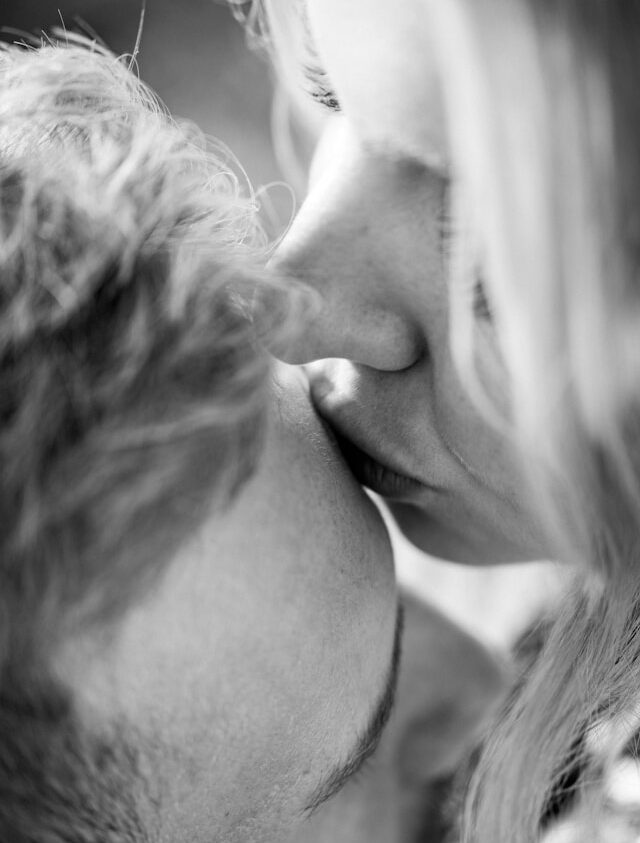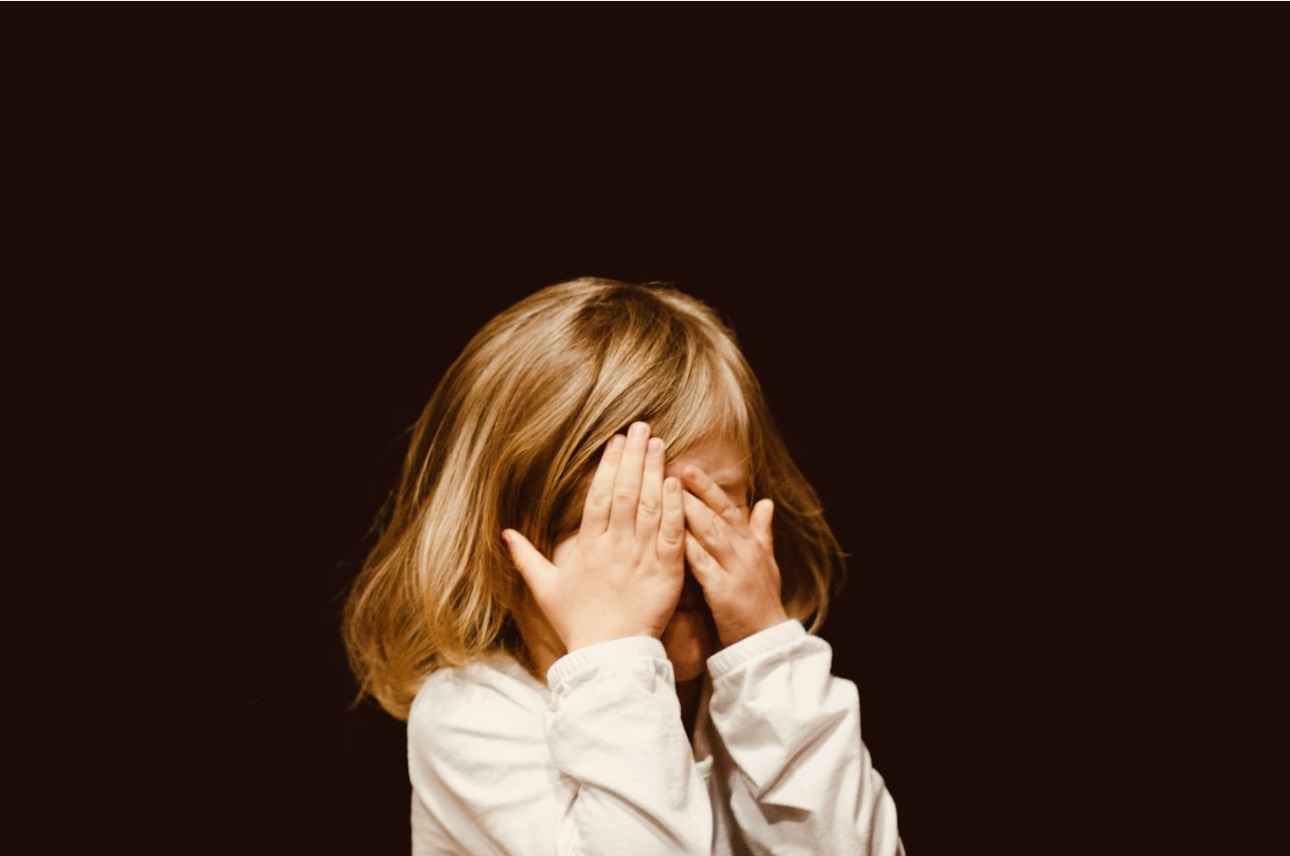Controlled Hallucination 1. Ari
My dear friend,
Our discussions while walking at the beach often provoke later exploration.
Subsequent to our last enterprise, I came across this interesting comment: “Our perception of reality is a ‘Controlled Hallucination’ produced by our brains.” The author, Anil Seth, is one of the world’s leading neuroscientists in the field of consciousness.
Revisiting our talk within this frame as I retraced our steps, I became captivated by the repetitive sound of sea, pushing and pulling, whooshing and grating, tumbling and grinding shells into golden sand. One shell turned into miniscule pieces. How long does that take, do you think? One of our lifetimes?
Similarly, I speculated, we break off and discard pieces of ourselves along the way; souls shrinking within our own skin.
Picking a starting point for the dispersal of myself, is a challenge. I’ve decided it must be far enough into my life that another existence could have led from it, if not changed by random interception. How is sixteen? I shall begin there.
Ari and I met at a school dance with Mill Hill boys, lasting four hours at most. No alcohol, of course. The long table to the left of the entrance supported glasses of orange squash and lemonade in soldierly rows. Cheese and egg sandwiches joined them. Opposite, the boys paraded. Music drew us in. The pushy girls sashayed, eyeing equally precocious boys. For me, it was a tentative experience. I was unaccustomed to meeting young men, and lacked a physique to make any impact.
My breath catches as I turn back time. Is it strange to remember someone for nearly sixty years, met once for so short a while? And yet I do. Slim, not tall, he seemed reticent. Probably shy, like me. It may be what drew us together.
I can see Ari’s near black eyes glittering as he took my hand. Straight dark hair flopping over his forehead, we joined the dancers. He didn’t leave my side, or did I not leave his?
His home turned out to be quite near where I spent school holidays. You have no idea how extraordinary this is. The chance of meeting again was normally miniscule. It is the reality of boarding school life and friendships. Distant, and consequently short-lived.
As we departed, Ari gave me his address and invited me to call in for tea when next I was in Surbiton. Delighted, “oh, yes please.” Excruciatingly happy, I wallowed in a warm haze of hope all the way back to school in that cold, ugly green bus.
I never saw him again. My heart still weeps that this was so, remaining scarred by the loss of anticipated joy – the, what might have been, except for – the unkindness of life. An early wound.
My great-aunt, my guardian, thought the association inappropriate. I pouted and only just refrained from stamping a foot. It was very kind that she looked after me. A working widow, who sacrificed her own holidays, transported me for terms, holidays and half-term breaks in her scary red mini. Pressure on and off the accelerator all the way, like hiccups for two hours, she drove to and fro. At fifty, she learnt to drive for this purpose. I preferred the driver and hired Austin Princess we used when we lived with our grandmother, but I was dutiful and did what she asked of me – including bowing to this refusal.
“Why shouldn’t I visit Ari’s house for tea, Aunty Joan?”
“Because he is Jewish.” Unequivocal.
“Why does that matter?” Perplexed.
“The war, dear. Best not.” Opaque.
At sixteen, prejudice was not a concept I understood, or maybe instead it was fear restrained her. Whatever did she mean? The rationale was confusing. And all I heard was, ‘no’. But, as I mentioned before, I was dutiful, and after multiple failed arguments, I complied out of respect. Her young husband had died during the war, twenty years earlier. It was not a topic for discussion. She understood love and loss. Avoidance was her answer.
What do you think, my friend? Was Ari hurt that I failed to visit? Maybe it went unnoticed – my own self-importance exaggerated. (I laugh at my stupidity, but shivers invade me.) Is it solely I who felt the loss, and gained an unhealed sore? I expect his mother was relieved. I’ve heard how seriously these things are taken – a Jewish son and a gentile – not a match to please anyone except us.
But I still ask myself, in allowing this intervention, did I take the wrong path through life?
My missing love fills dreams sometimes, and in half-waking fog, I whisper, “Ari, do you imagine too?”
***
Two hearts, together over many years. As I sit by his side, in a large old house overlooking the River Thames, we chat and laugh. On my new lilac cashmere sweater rests a string of pearls. His latest gift. Behind us, a lattice screen conceals an easel and chest containing artist’s paints. Cinnamon cookies, baked earlier, scent the air, disguising a faint turpentine smell.
I hold Ari’s hand with their long, tapered, beautiful fingers and he squeezes gently. Eyes turning to look into mine, I see our first love remains. Deep. Enduring.
Gathered around us are our four children, one girl, three boys: a surgeon, a musician, a lawyer, and an artist. Dark haired, like our now white heads had been. Dark eyed, except our daughter’s startling emerald orbs. Each precious to us. Unique. All with gentle souls. Their own spouses and children, lounge, chat and play games. A lively, intelligent mix. Their symphony of shades reflects the welcome of our home.
We celebrate the holiday together, as in each past year. A family tradition. A day to give thanks for our grace filled life. Ours is a foundation built on values of respect and love and endeavour.
Someone plays an electronic keyboard resurrected out of their childhood, reading from music pulled from a faded brown envelope marked, Sixties Pop Songs, stored in the old carved piano seat.
A voice calls, “Remember this one Mum? Wasn’t it your favourite?” …
***
It was. The strains of ‘A Whiter Shade of Pale’ haunt my heart and I feel my soul stealthily sneak out to join its notes as in illusion I dance again, like that one evening. So long ago it is on the very edge of forgetting. Or is it the rim of remembering? Those grains of sand might have built a tower. Instead they lie scattered on the shore.
I should explain, my friend, that meeting Ari was a rare opportunity. Closeted in boarding school from nine until eighteen-years-old does little to widen one’s horizons when it comes to the other sex. It likewise provides too much fertile ground for fantastical imaginings. It is a life constrained to fit the odd weekend away with more adventurous girlfriends at their houses, sneaking out to listen to bands play, and dance. And summer holidays with our parents, in whatever country they currently lived, attending dances arranged to entertain their young visitors. Awkward events. Easier as a ten-year-old playing musical chairs, than later, as teenagers traversing puberty.
“Here! Drink of this rum and coke before we go.” My sister meant to relieve my apprehension, but it was useless. I sat, a voyeur in a quiet corner.
During those growing years, as young girls do, I pined for a while after one or two boys. Barely shadows now, they drift into my forgetful mind and evaporate. Always too shy and insecure for generating lasting friends, they remained transient acquaintances who at holiday’s end dispersed to the four winds, quickly forgotten. If they remembered me, it was as my lively, auburn-haired, curvaceous, older sister’s foil. This didn’t change.
“Who’s the thin, Arabi-looking one, working in Consular?” she reported being asked at the British Embassy in Oslo where we worked when I was twenty. Did that mean mysterious, or insult? I’ll never know for sure, and care less. A curiosity remembered all the same.
Would I have been happier if she’d repeated instead, “You can never be too rich or too thin”? Maybe I would have produced better drivers than the ingrained self-doubt youthful awkwardness generated. I might have striven harder with my talents. Thin came easily in those years.
Well, my friend, enough of my ramblings for the moment. I will write again, when I figure out where controlled hallucination takes me next. You might like to try it too. It’s cathartic.
Your most sincere friend,
Annie

Annie Blackwell’s feet straddle the world. Taken to live in India at three-years-old and
arriving in her New Zealand homeland at thirty, she previously resided in England, Pakistan,
Brazil, Norway, Singapore and Papua New Guinea. Working for government and NGOs, she
has tales to tell; companion to stable cleaning, dog walking and ancestry research.



